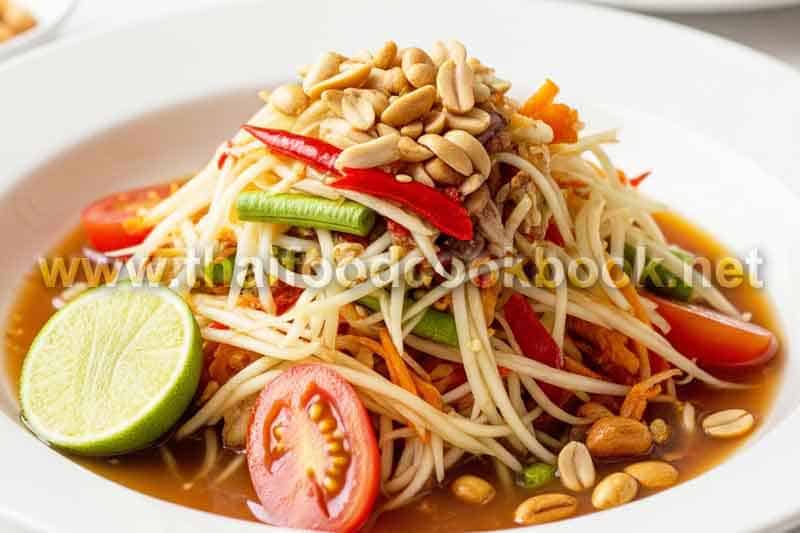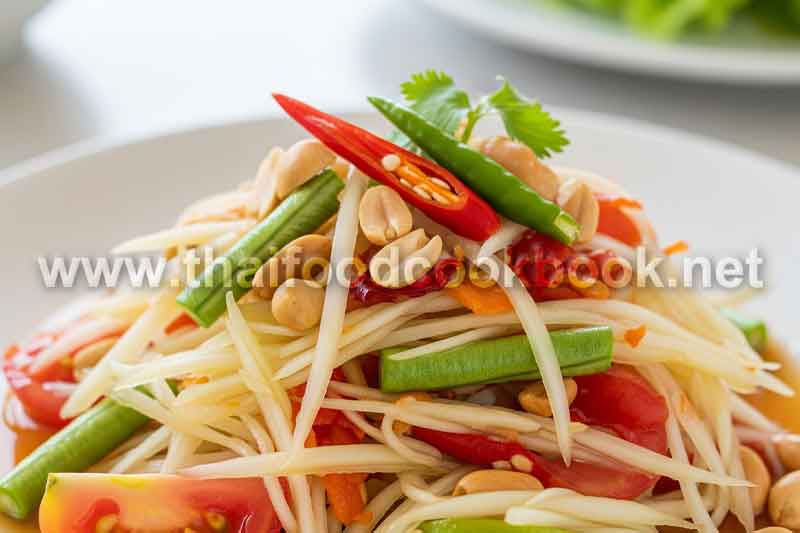How to Store Thai Herbs Properly to Keep Their Aroma
Storing Thai herbs the right way is the key to preserving their aroma and flavor, which are essential to the identity of Thai cuisine. Many beginners assume that simply refrigerating herbs is enough, but different herbs require different storage methods depending on their moisture levels, leaves, and natural oils. When properly stored, Thai herbs can stay fragrant much longer, allowing your dishes to retain their fresh and authentic taste every time you cook. Whether you use them daily or occasionally, learning proper storage techniques helps you get the most value out of every ingredient and keeps your cooking vibrant and aromatic like a Thai kitchen.
Understanding the Importance of Herb Freshness
Thai herbs are the heart of authentic Thai cooking. Whether it’s the sharp aroma of lemongrass, the citrusy burst of kaffir lime leaves, or the sweet note of Thai basil, these herbs bring life to every dish. However, once they start to lose their fragrance, even the most perfectly balanced curry can taste dull. Proper storage is essential not only to extend their shelf life but also to preserve their essential oils and natural aromas that define Thai cuisine.
Fresh herbs are sensitive to heat, moisture, and light. The way you store them directly affects their longevity and potency. Unlike dried herbs, which can last for months, Thai herbs in their fresh form require more care and attention to maintain their signature scent and taste.
Best Storage Techniques for Common Thai Herbs
Each Thai herb has unique characteristics that determine how it should be stored. For example, Thai basil should be kept in a glass of water at room temperature, similar to how you’d keep fresh flowers. Cover it loosely with a plastic bag to prevent wilting. In contrast, kaffir lime leaves and lemongrass fare better in the refrigerator. Place them in an airtight container or wrap them in a slightly damp paper towel and seal them in a ziplock bag. This keeps moisture balanced and prevents the herbs from drying out too quickly.
For long-term storage, freezing is an excellent option. Chop lemongrass or galangal into small pieces and store them in airtight containers or silicone ice cube trays. You can also freeze kaffir lime leaves whole. When needed, take them out directly from the freezer and add them to soups or curries—no need to thaw. This method helps retain both flavor and aroma even after weeks.
Tips to Prolong Freshness and Aroma
To make your herbs last longer, avoid washing them before storing. Excess moisture encourages mold and decay. Instead, wash them right before use. You can also line storage containers with paper towels to absorb any extra moisture that builds up. For herbs like coriander (cilantro), trim the stems slightly and place them upright in a jar with a bit of water, then cover with a plastic bag before refrigerating.
Another trick is to store herbs away from fruits like apples or bananas, which release ethylene gas that speeds up spoilage. If you use herbs frequently, consider dividing them into smaller portions before storing so that you only expose what you need each time—this prevents the rest from being affected by repeated temperature changes.
Preserving Thai Flavor Beyond Fresh Herbs
Even with careful storage, herbs won’t stay fresh forever. To make the most of them, consider making Thai herb pastes or infused oils. Blend leftover basil, cilantro roots, or lemongrass with a bit of oil, and store in small jars or ice cube trays in the freezer. These ready-to-use flavor bases can be added directly to stir-fries or curries, offering an instant burst of authentic Thai aroma whenever you cook.
By following these simple but effective techniques, you’ll be able to preserve the vibrant aroma of your Thai herbs, making every dish taste as fresh and flavorful as one prepared in a Thai kitchen. Whether you cook daily or occasionally, understanding how to properly store these herbs ensures that your Thai recipes always maintain their signature aroma and charm.

